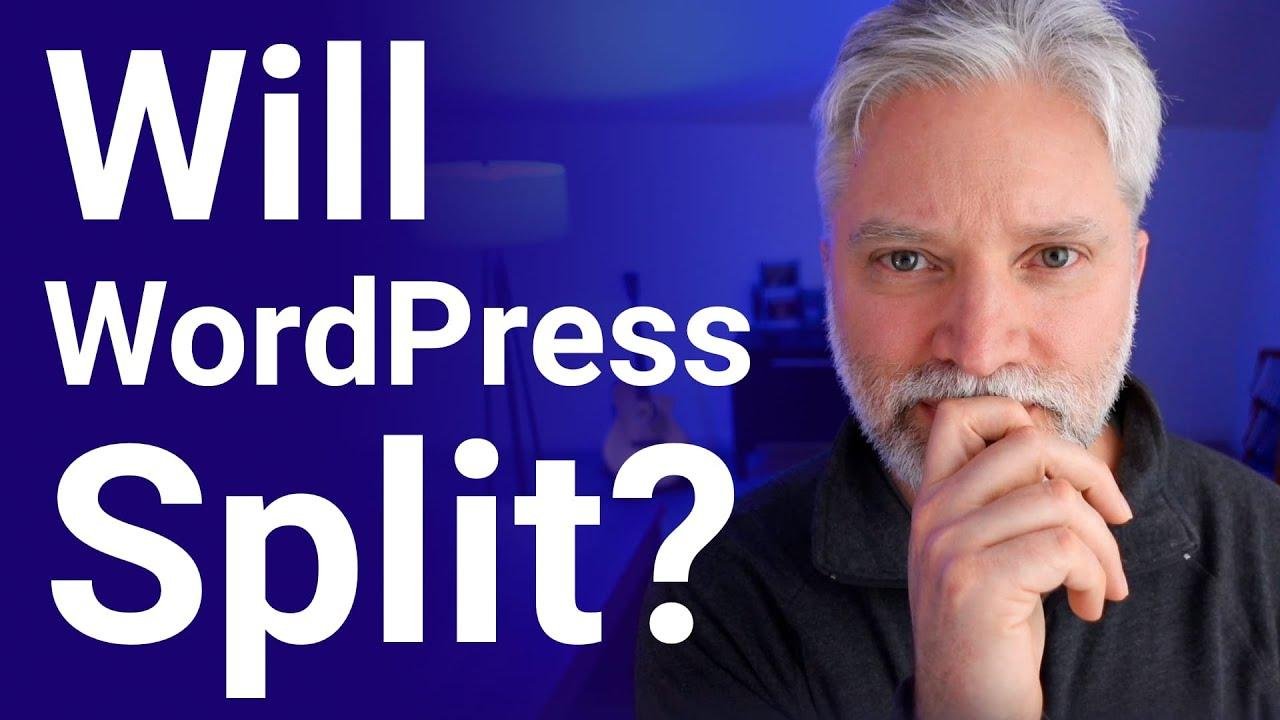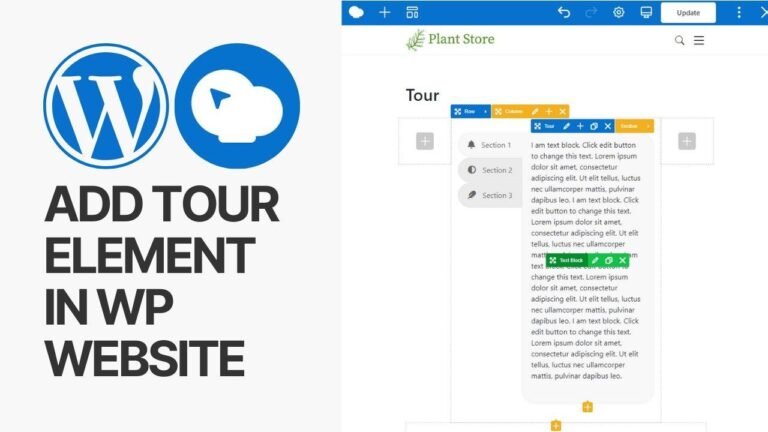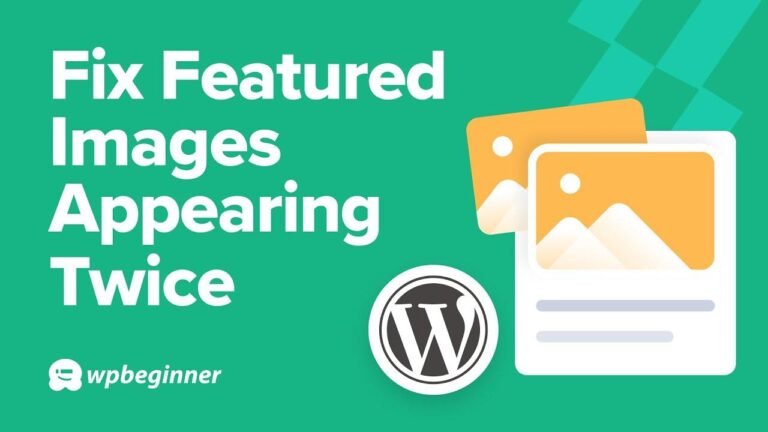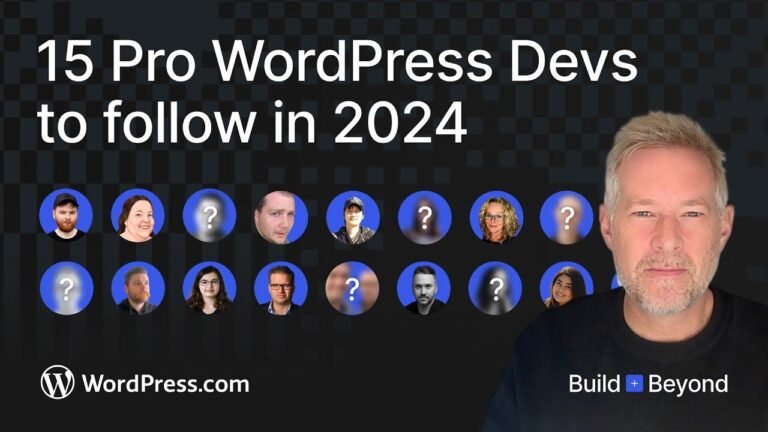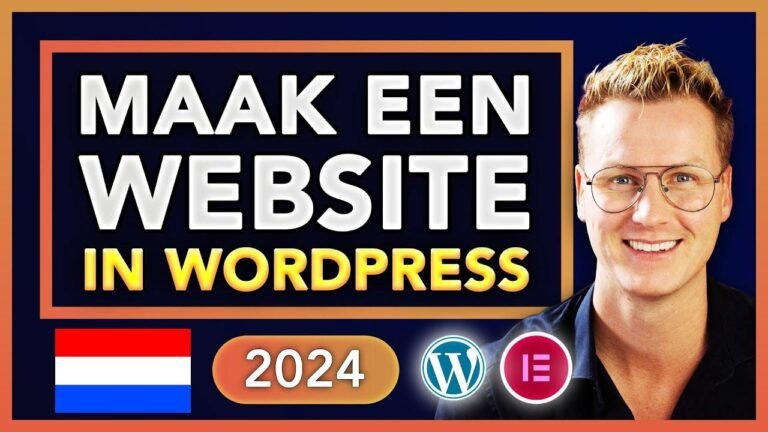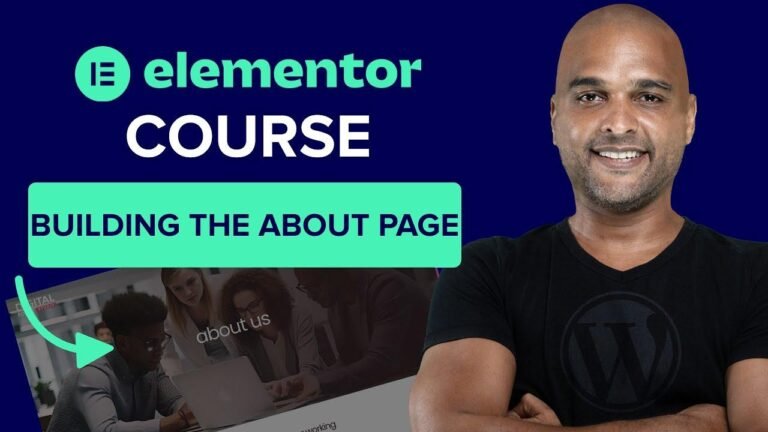WordPress has done an unimaginably massive job of democratizing publishing and shifting the entire internet, but it’s causing a brand identity crisis. With the rise of platforms like Wix and Elementor, and the growing divide between consumers and developers, we may see a split in the future. Despite this, I still believe WordPress is the best option because of its flexibility and ubiquity. My son is even starting his own web design business with WordPress. Check out my video on the top things a new web designer needs. 🚀
Introduction 📊
In the 2023 WordPress survey results, it’s evident that the WordPress ecosystem is facing a significant problem that needs to be addressed.
WordPress has achieved incredible growth, powering over 40% of websites on the internet. This achievement is unparalleled in the world of content management systems. Matt Mullenweg, the founder of WordPress, aimed to democratize publishing, which has evolved to include websites and e-commerce, shaping the entire digital landscape.
Key Takeaways
| Point | Description |
|---|---|
| WordPress powers over 40% of the Internet | Massive accomplishment |
| Evolution from publishing to e-commerce | WordPress’s substantial impact |
| Shift in the perception of WordPress | Brand identity concerns |
The Changing Perception of WordPress 🔄
YouTuber Lee shares insights from a conversation with Matt Mullenweg, wherein Matt emphasized the forward direction of WordPress. However, with the introduction of the theming engine, WordPress’s identity has shifted from being a website-building platform to a multi-faceted framework. This transformation has led to uncertainty among developers and users.
"WordPress isn’t like that anymore. There’s page Builders, different editors— it’s a whole new ball game." – Lee
Important Considerations
- Developers and designers face uncertainty.
- Split in the user base between individual creators and professional designers.
The Rise of All-In-One Platforms 🚀
Elementor, a popular page builder, is consolidating more features into its platform, providing a seamless, all-inclusive experience for website creation and hosting. The growth of platforms like Wix and Webflow is catering to users who prefer an all-in-one solution for website building, altering the perception of what WordPress represents.
| Platform | Features | Pricing |
|---|---|---|
| Elementor | Page builder, hosting, features integration | $10/month |
| Webflow | Comprehensive site building tools | Custom |
Exploring Alternative Platforms 🛠️
For specific user needs, alternative platforms such as Shopify and Webflow are being considered, catering to e-commerce and design-focused users, respectively. Furthermore, upcoming platforms like HighLevel, with a focus on all-in-one website-building and marketing tools, are emerging in the market.
Featured Platform – Wocode
Wocode, an emerging platform, provides a cost-effective solution, offering comprehensive tools without requiring advanced coding skills.
WordPress’s Future and User Recommendations 🌐
The evolving nature of WordPress has created a divide between individual creators and professional designers. Users face the arduous task of choosing between an all-in-one solution or a flexible framework like WordPress. The shifting landscape has prompted users to explore alternative platforms to adapt to their specific needs.
Conclusion:
While WordPress remains a powerful and flexible platform, the evolving landscape has led to a significant shift in user perception, driving users to explore alternative website-building platforms catered to their unique requirements.
FAQ:
- Can WordPress compete with emerging all-in-one platforms?
- How should users navigate the evolving landscape of website-building platforms?
Further Reading:
Explore the evolving landscape of website-building platforms & their impact on digital creators.
